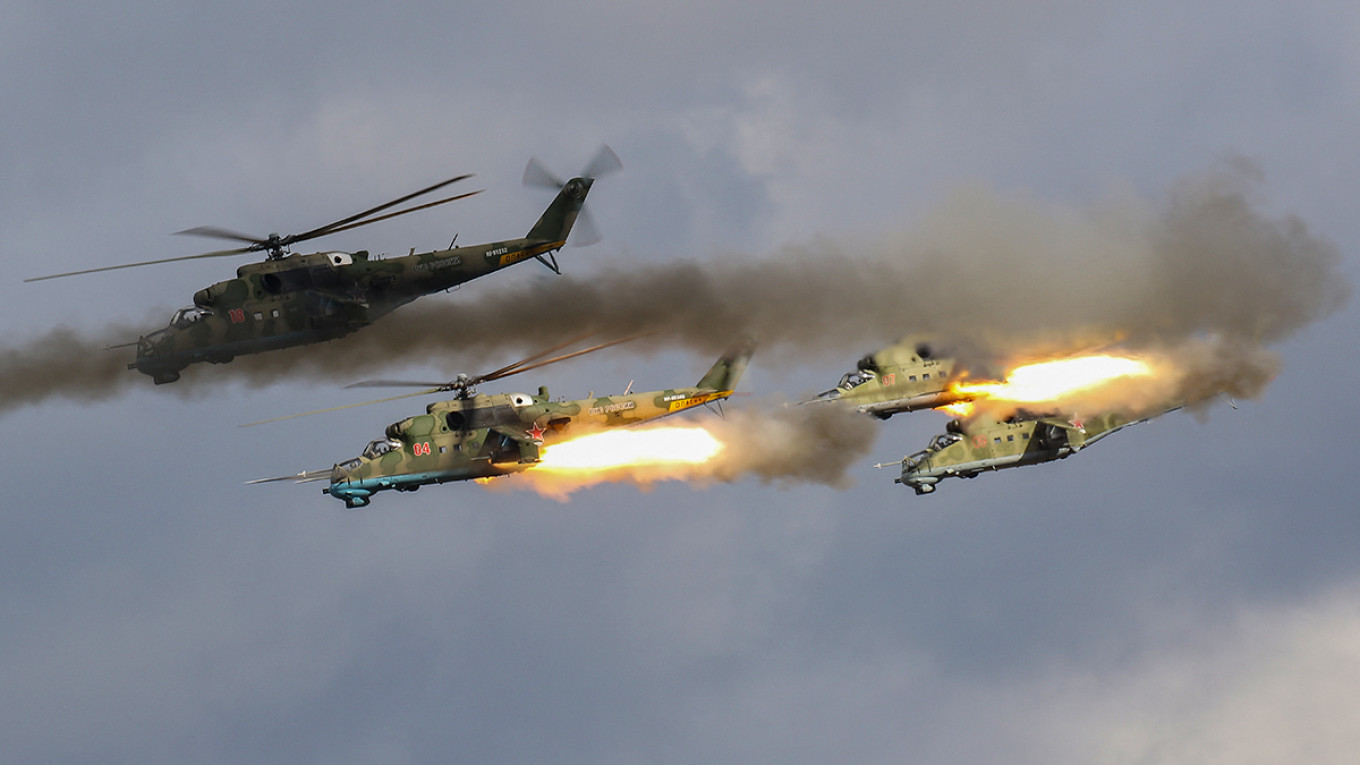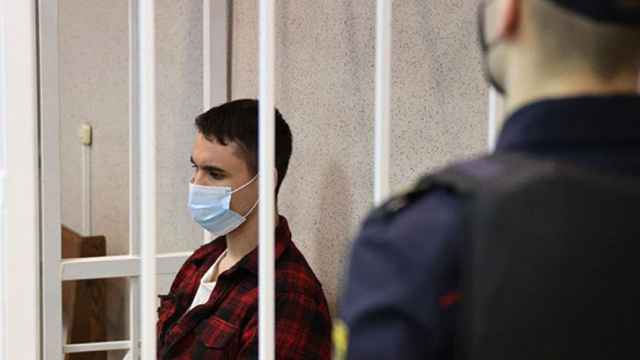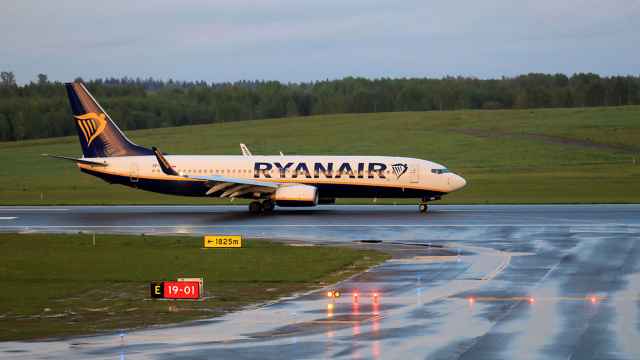The armed forces of Russia and Belarus are preparing to undertake joint military exercises next month for the first time since late 2021.“Zapad” strategic exercises have been held since 1977. Initially, they were held between the U.S.S.R. and the Warsaw Pact, before becoming a Russia-Belarus affair in the 2000s.
Last time, they took place across nine training grounds in Russia and five in Belarus. Officially, about 13,000 Belarusian troops and some 200,000 Russian troops were involved.
In hindsight, Zapad 2021 can be seen as part of the escalation toward the full-scale invasion of Ukraine. Soon after, an artificial migration crisis erupted on the Belarus–EU border, which the West — with good reason — classified as part of a campaign of hybrid warfare.
Then, in December, came Putin’s ultimatum to NATO, shortly followed by the full-scale invasion of Ukraine. Russian troops entered Ukraine from Belarusian territory, where they had been massing since Zapad 2021, bolstered by Allied Resolve 2022 in February itself.
Little wonder, then, that the current Zapad exercise is attracting so much attention. But it would be a mistake to become overly alarmed.
Minsk and Moscow are manipulating that attention according to the global political situation — alternately stoking fears of an escalation in the war before defusing tensions by walking back the exercise’s ambitions.
First, on Jan. 10, 2025 — before Trump’s inauguration — Valery Revenko, Assistant to the Belarusian Defense Minister for International Military Cooperation, said the exercises would involve more than 13,000 personnel.
On May 28, between the first and second rounds of direct talks in Istanbul, Belarusian Defense Minister Lt. Gen. Viktor Khrenin announced that the scope of Zapad 2025 would be reduced, with the number of participating troops halved and the main maneuvers moved deeper into Belarusian territory.
But on July 23, Belarusian Chief of the General Staff Pavel Muraveiko stated that some episodes of the exercises would in fact be held closer to the borders of Lithuania and Poland — responding to “speculation from our Western colleagues.”
All these statements grab press attention, but no real changes occur on the ground — nor, likely, in the Zapad exercise plan, which was approved back in October 2024 at a joint meeting of the Belarusian and Russian defense ministries.
Moreover, “deep inside Belarus” is nothing like operating deep inside Russia, where we might be talking about thousands of kilometers of taiga. The 180-kilometer distance Minsk officials talk about is flat and easily traversed by rail in just a few hours.
That makes the rhetorical pendulum practically meaningless: shifting the location of exercises within Belarus changes little in terms of threat to the West. But since 2020, when Lukashenko clearly lost the election and lost all domestic legitimacy, his dependence on Moscow has become critical for his survival. As a result, Belarus’s overall dependence on Russia has deepened — in the economy, politics, energy and, of course, security.
In effect, Lukashenko has ceded Belarusian sovereignty piece by piece in exchange for Kremlin support. He simply sees no real way to resist Moscow’s demands. Periodic disputes over milk imports and gas prices have punctuated his abusive bromance with Putin.
Still, Lukashenko tries to send signals to Washington when possible—hosting senior representatives of the new U.S. administration. These meetings are accompanied by the release of political prisoners, including U.S. citizens and Sergei Tsikhanousky, husband of the opposition leader Sviatlana Tsikhanouskaya.
This shows that Minsk retains some ability to maneuver politically on domestic matters independently of the Kremlin — and is even taking advantage of opportunities for contact with the new U.S. administration. Lukashenko strives to present his talks with Americans to Putin not as a separate betrayal of Russia, but as a chance to defend Russian interests to the fullest. For the Kremlin, however, it is obvious that in reality, during his meetings with Trump administration officials, Lukashenko’s chief concern was his own interests.
Yet on military matters, Lukashenko continues to follow Putin’s lead without deviation. The shifting rhetoric about “Zapad-2025” does not change the fact that the exercises will be held on schedule. Furthermore, they show that if Russia once again wants to use Belarusian territory or infrastructure to attack Ukraine or other neighbors, Lukashenko will not only refrain from hindering it — he will actively help.
It is unsurprising that the exercises cause anxiety and suspicion in Belarus’s neighboring states. Ukraine’s President Volodymyr Zelensky has already said that Russian troops could use training in Belarus to invade Poland and Lithuania. These countries, in turn, are responding to the increased risks.
Pavel Muraveiko, the Belarusian chief of staff, referring to “speculation from our Western colleagues,” specifically mentioned Polish divisional-level exercises near the Białowieża Forest and Lithuania’s redeployment of its Iron Wolf brigade to the Pabradė training ground, just 15 kilometers from the Belarusian border.
Real escalation during Zapad 2025 is unlikely. NATO Secretary General Mark Rutte said Russia could be ready to attack a NATO country in three to seven years.
In this context, Zapad 2025 has two main goals. It serves a military purpose by rehearsing Russian-Belarusian maneuvers on NATO’s eastern flank. Politically, it is an attempt to make anyone who warns of potential threats to the Baltic states and Poland look like they are scaremongering. Military analysts who raise the alarm could become the boy who cried wolf.
A Message from The Moscow Times:
Dear readers,
We are facing unprecedented challenges. Russia's Prosecutor General's Office has designated The Moscow Times as an "undesirable" organization, criminalizing our work and putting our staff at risk of prosecution. This follows our earlier unjust labeling as a "foreign agent."
These actions are direct attempts to silence independent journalism in Russia. The authorities claim our work "discredits the decisions of the Russian leadership." We see things differently: we strive to provide accurate, unbiased reporting on Russia.
We, the journalists of The Moscow Times, refuse to be silenced. But to continue our work, we need your help.
Your support, no matter how small, makes a world of difference. If you can, please support us monthly starting from just $2. It's quick to set up, and every contribution makes a significant impact.
By supporting The Moscow Times, you're defending open, independent journalism in the face of repression. Thank you for standing with us.
Remind me later.








